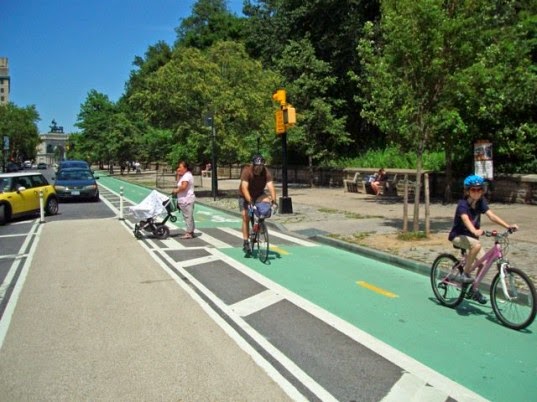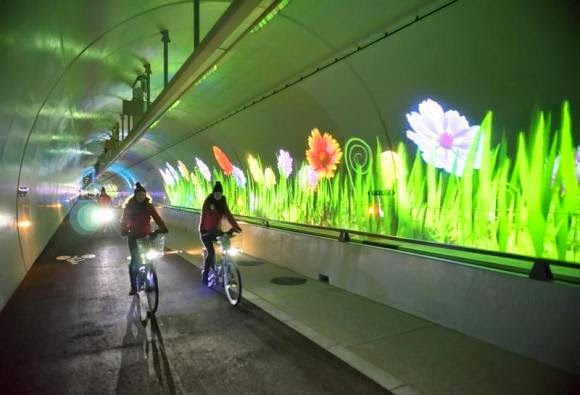Transitioning to Minimalism

By C-A Moss In my quest to extend my vegan compassion to other areas of my consumerism, I’ve circled back to minimalism, which for many years, played a prominent role in my belief structure. Researching for this article, I found an abundance of blog entries and youtube videos of people identifying as minimalist in various forms. Ending excessive consumption. Rejecting capitalism. Life editing. Zero-waste lifestyle. Decluttering. Anti-materialism. Living deliberately. Spartanism. Deattachment. Thriving with less. Living within your needs. I’ve experienced many challenges and fails over these first eight months of the Ethical Closet Project [ http://thedreamyidealist.com/theethicalclosetproject /]. I’ve accepted that our culture sets us up to fail but I’m still determined to find a loophole in the system that doesn’t include voluntary poverty. Consuming even less, and only what is essential, may be the path to greatly reducing my participation in the exploitation tha






